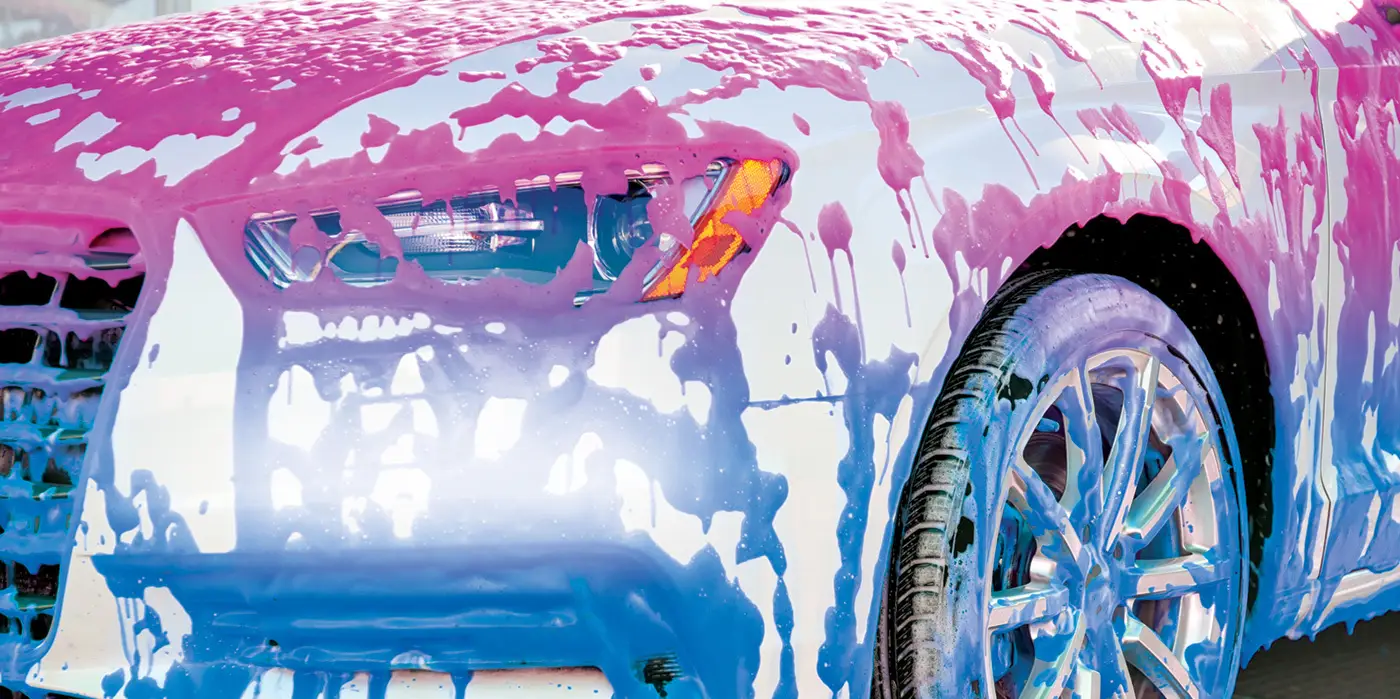Proper engine maintenance is crucial for ensuring optimal performance and longevity. One essential aspect of engine care is regular engine washes. However, it is important to be aware of the potential pitfalls and mistakes that can occur during this process. In this article, we will explore the key factors to avoid when performing an engine wash, providing you with valuable insights to maintain your engine's efficiency and prevent costly damage.
- Using High-Pressure Water:
While it may seem efficient to use high-pressure water for engine washes, it can actually cause more harm than good. The forceful water pressure can penetrate sensitive components, such as electrical connections, causing corrosion and short circuits. Instead, opt for low-pressure water or a specialized engine cleaning solution to ensure a safe and effective wash. - Neglecting to Protect Sensitive Components:
Engines consist of various sensitive components, including air intake systems, electrical connections, and sensors. Failing to protect these components during an engine wash can lead to water infiltration, resulting in malfunction or even engine failure. Prior to washing, cover these areas with appropriate protective materials, such as plastic bags or waterproof covers, to prevent water damage. - Using Harsh Chemicals:
While it is important to remove dirt and grime from the engine, using harsh chemicals can be detrimental. Certain chemicals can corrode metal surfaces, degrade rubber seals, or damage paintwork. Instead, opt for mild, engine-specific cleaning solutions that are designed to effectively remove dirt without causing harm to the engine's components. - Ignoring Manufacturer Guidelines:
Every engine is unique, and manufacturers often provide specific guidelines for engine washes. Ignoring these guidelines can lead to unintended consequences. Always refer to the manufacturer's recommendations regarding suitable cleaning methods, products, and frequencies. Following these guidelines will help maintain your engine's warranty and ensure optimal performance. - Rushing the Drying Process:
After washing the engine, it is crucial to allow sufficient time for drying. Rushing this process can result in water pooling in crevices, leading to corrosion and potential damage. Use compressed air or allow the engine to air dry naturally, ensuring all moisture has evaporated before starting the engine. - Overlooking Regular Inspections:
While engine washes are essential, they should not replace regular inspections. After each wash, take the opportunity to inspect the engine for any signs of damage, leaks, or loose connections. Addressing these issues promptly can prevent further damage and ensure the engine's longevity.
Conclusion:
Proper engine washes are vital for maintaining optimal engine performance. By avoiding common mistakes such as using high-pressure water, neglecting to protect sensitive components, using harsh chemicals, ignoring manufacturer guidelines, rushing the drying process, and overlooking regular inspections, you can ensure a safe and effective engine wash. Remember, a well-maintained engine leads to improved efficiency, reduced repair costs, and a longer lifespan.


More Stories
Plastic to Pyrolysis Oil Solution: A Sustainable Pathway for Plastic Waste Conversion
Yukun Qiangwei Motor Unveils 2023 Diesel Generator Price List with Specs for Home Use
Solar Panel and Cell FAQ: Your Guide to Tailored Solutions from a Professional Maker